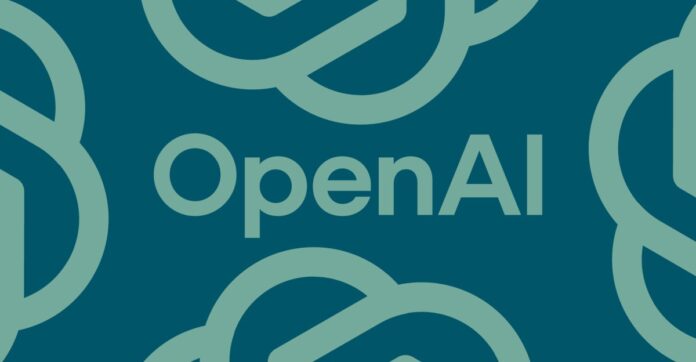Introduction to the Lawsuit
OpenAI has filed a countersuit against Elon Musk, accusing him of using "bad-faith tactics" to slow down the company and gain control of its artificial intelligence innovations for personal benefit. This development is the latest in a series of actions taken by Musk against OpenAI, a company he was initially involved with as part of its founding team.
Background of the Dispute
Musk initially sued OpenAI last spring, claiming he wanted the company to refocus on its original mission to develop Artificial General Intelligence (AGI) for the benefit of humanity, rather than pursuing profits. However, this legal case has been met with skepticism, with some critics finding it lacking in merit. The editor-in-chief of The Verge, Nilay Patel, described Musk’s legal case against OpenAI as "hilariously bad," suggesting a lack of substance in his claims.
Recent Developments
Earlier this year, Musk made a significant move by offering $97.4 billion to buy OpenAI. He stated that his intention was to return OpenAI to its roots as an open-source, safety-focused organization working for the greater good. However, OpenAI’s board of directors unanimously rejected this offer. The rejection is not surprising, given that OpenAI views Musk’s actions, including the buyout offer, as attempts to disrupt its operations and undermine its autonomy.
Details of the Countersuit
In the countersuit filed by OpenAI, the company’s lawyers argue that Musk’s continued attacks, including the recent fake takeover bid, are designed to disrupt OpenAI’s future plans and operations. They contend that these actions are unlawful and unfair, causing damage to the company. OpenAI is seeking to stop Musk’s actions and hold him responsible for the harm he has already caused. The company views Musk’s buyout offer as a "sham bid," further evidence of his bad-faith tactics.
Conflict of Interest Disclosure
It’s worth noting that The Verge’s parent company, Vox Media, has a partnership with OpenAI. This disclosure is important for transparency, as it highlights the potential for a conflict of interest in reporting on this matter.
Conclusion
The dispute between OpenAI and Elon Musk reflects deeper issues within the tech industry, particularly concerning the development and control of artificial intelligence. OpenAI’s countersuit against Musk is a significant step in the company’s efforts to protect its mission and independence. As the legal battle unfolds, it will be important to consider the implications of Musk’s actions and the potential consequences for the future of AI development. The outcome of this lawsuit could have far-reaching effects, not only for OpenAI and Musk but also for the broader tech community and society as a whole.

